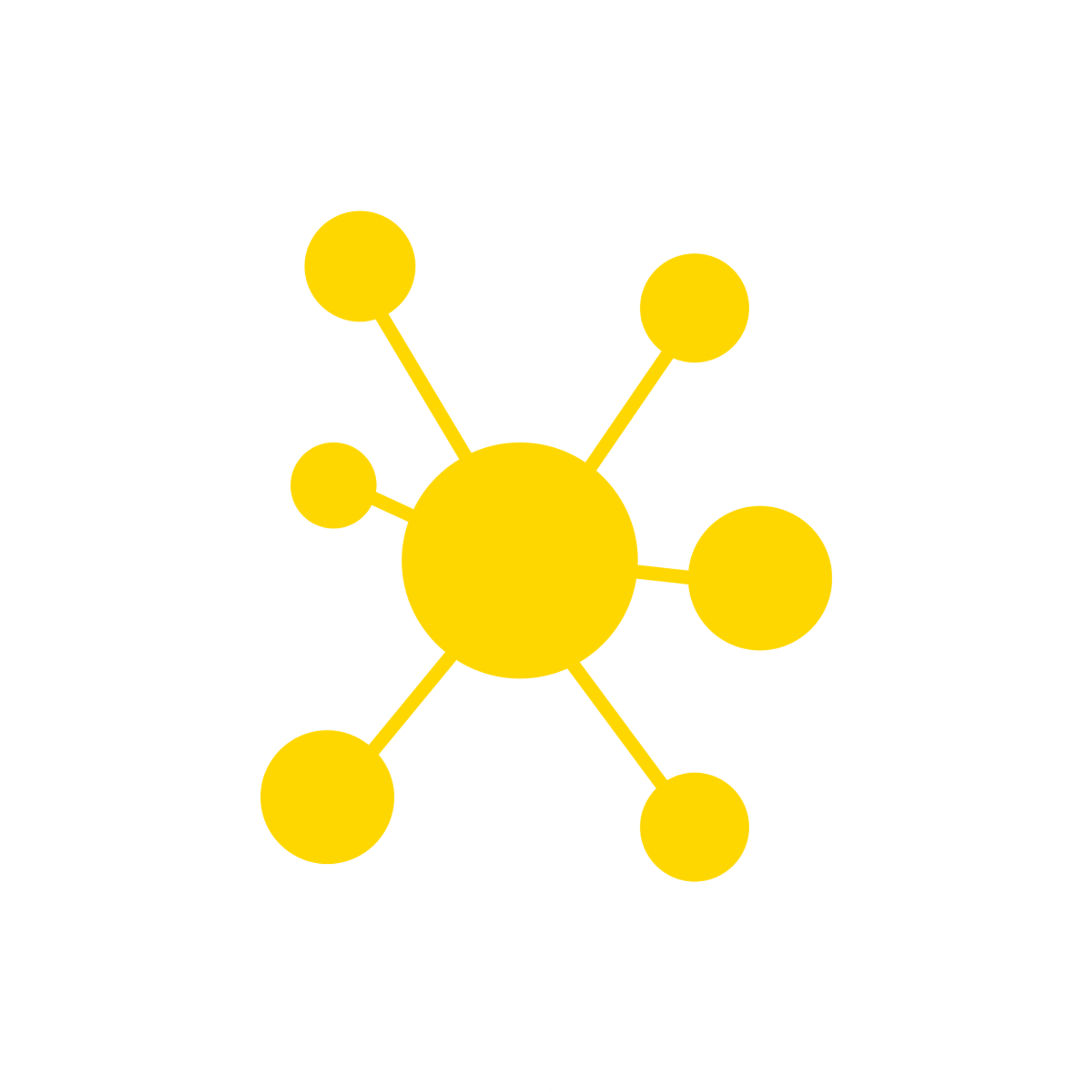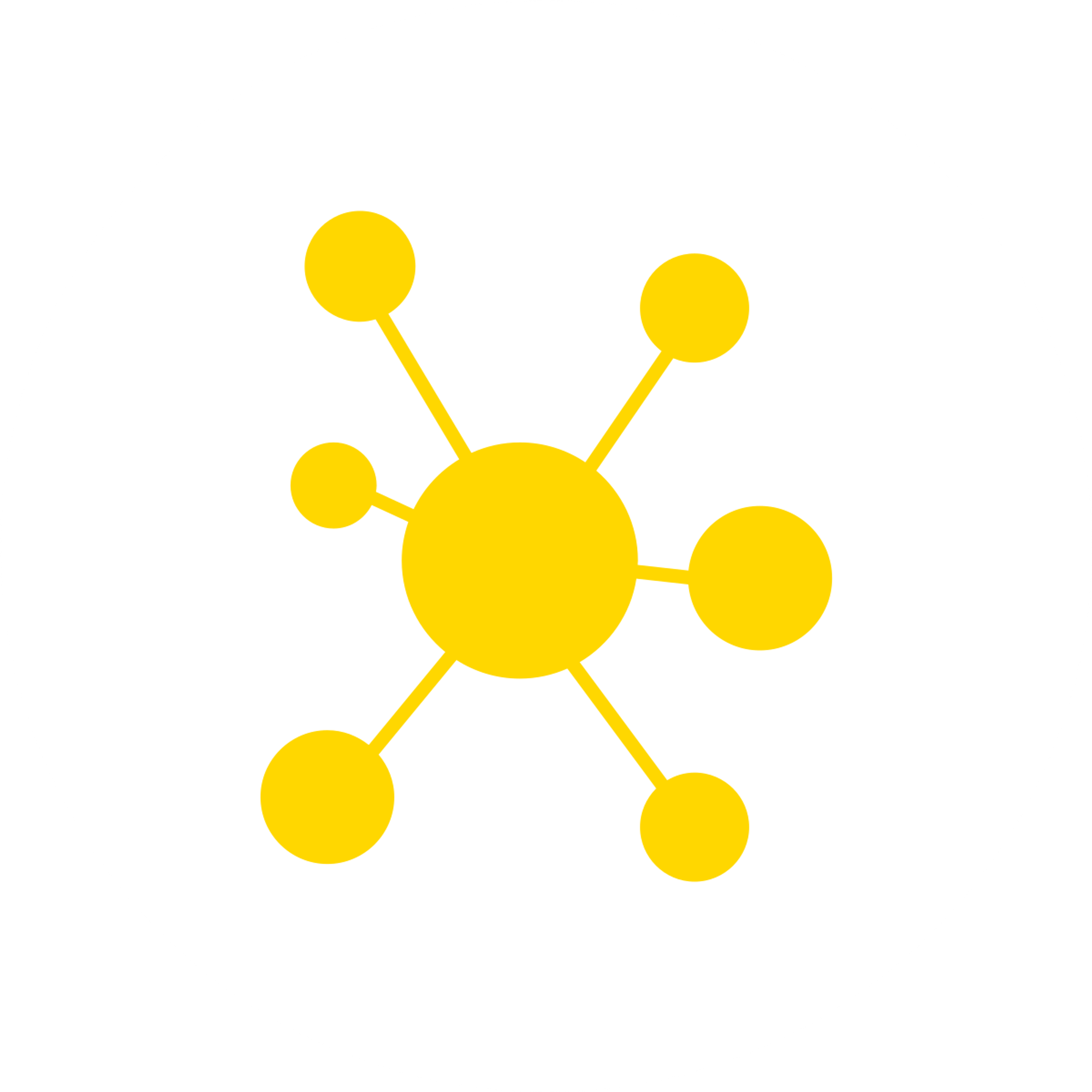As we discussed in prior sections on businesses and value creation, there needs to be basic trust amongst various parties in order for a liquid market to emerge. In the pre-blockchain universe, businesses always relied on centralized authorities for various services.
In the new world, blockchain enables a new type of market network where a few key properties are always upheld:
Trust
Parties can trust each other because their network is mediated by blockchain smart contracts that govern how things work. In other words, the protocol codified into software enables trust between parties, with the software itself acting as an independent third party.
The blockchain may be private or public, the latter makes it permissionless aka anyone on the Internet can create an account and participate in the trust network.
Decentralization
Blockchain also empower organizations to become truly decentralized, without any central authority, but instead governance itself managed by smart contracts and voting right amongst various types of participants.
Privacy
And because each account on a blockchain is essentially anonymous (remember, anonymous is also identity), private transactions can happen in a publicly trusted manner. Each account maintains secrecy and in double-blind marketplaces, the parties do not even need to actually know each other.
Costs
Because there are far fewer intermediaries, the overall costs of doing business is lower.
Speed
Because there is less human intervention and bureaucracy, systems can work in near real-time to deliver value across the network.
Transparency
Blockchains maintain privacy and transparency, allowing anyone to audit the history of activity amongst players, while the software ensures no inconsistency is possible. This makes for a powerful platform for network businesses.
Immutability
Data once written is never erased, and even if new values are captured later, history is always available. This adds to the trust and resiliency of the system, bringing systems closer to loss-less.
Data
Needless to say, the whole thing is about data. In the digital universe, data is reality, and data is money. Blockchains enable native monetization of data assets aka people and networks.
Tokenization
Finally, the native tokenization property of blockchains make it simple to fractionalize and share value co-created by networks. It also makes it possible to trade those tokens as they represent the value being co-created in a variety of ways, as determined by liquidity as well as by various smart contract features.
In the next section, we'll discuss use cases of blockchains, starting with cryptocurrency and the so called Web3.




